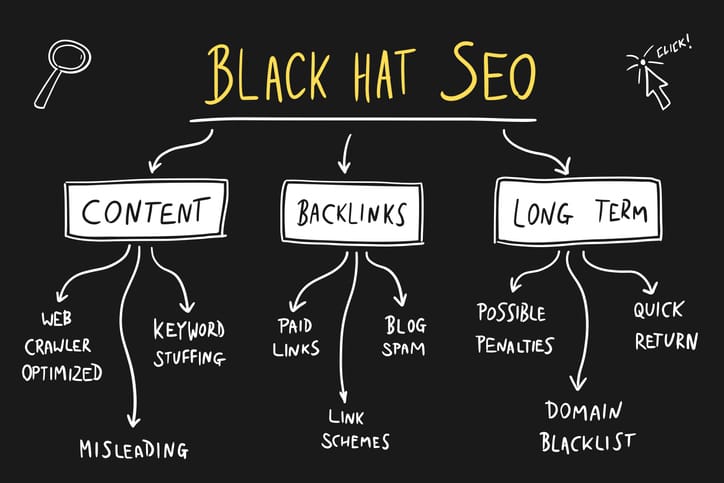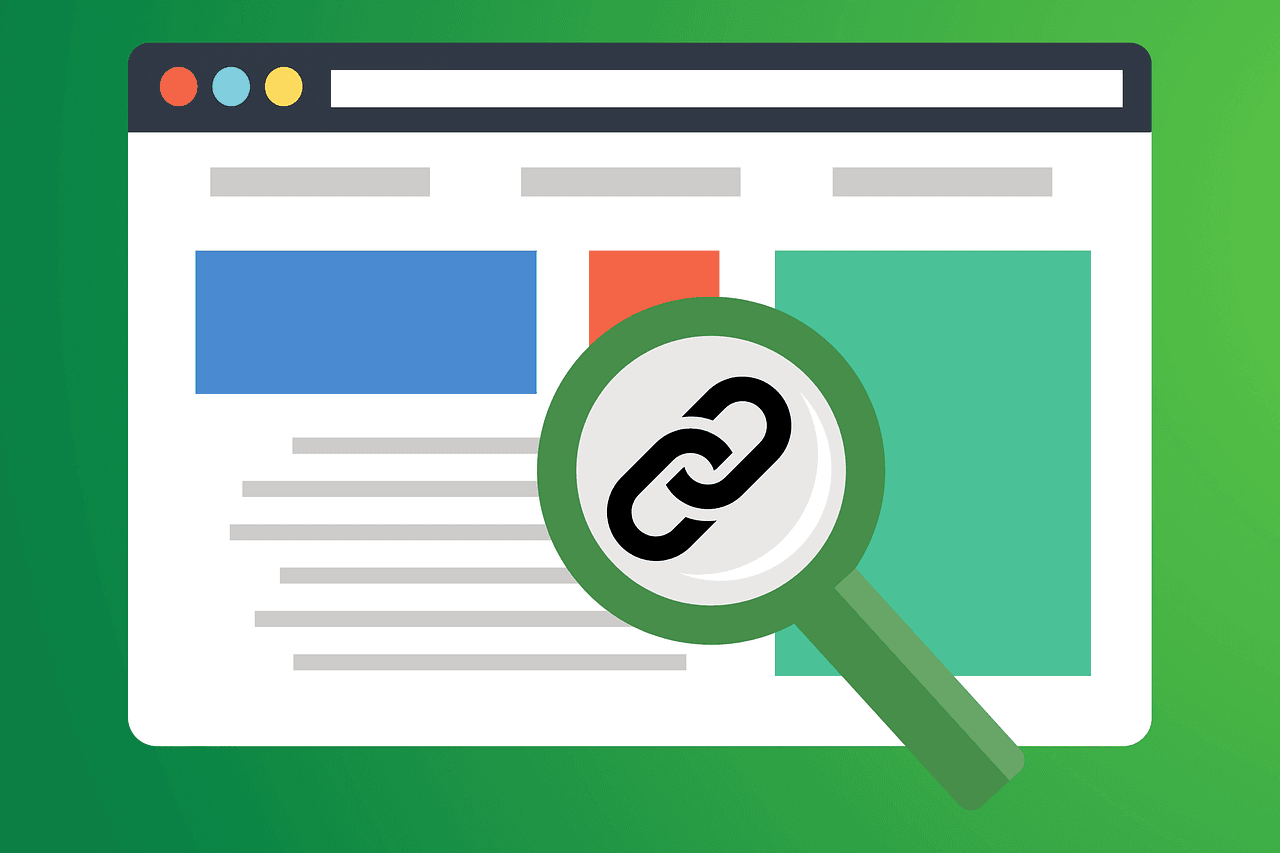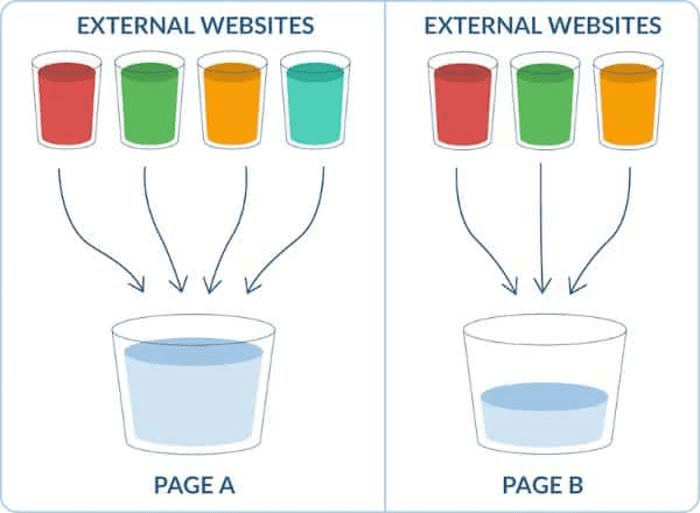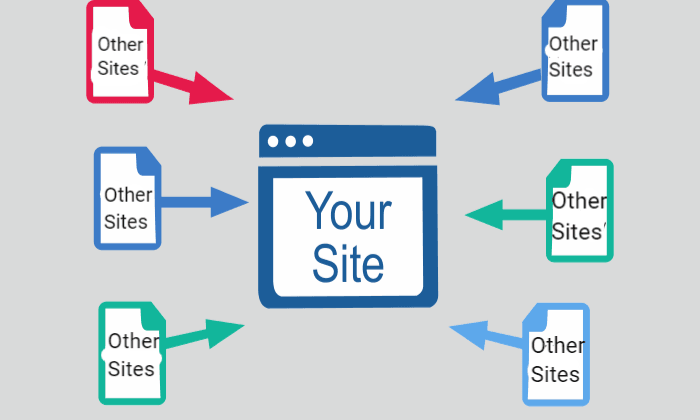Black Hat SEO involves unethical tactics used to manipulate search engine rankings, often violating guidelines and risking penalties. These practices may provide short-term gains but can lead to long-term harm. Let’s delve into this topic together at Keyword Metrics.
What is Black Hat SEO?
Black Hat SEO refers to unethical practices used to manipulate search engine rankings. These techniques violate search engine guidelines, such as Google’s Search Essentials, and aim to achieve quick results. While these methods might provide short-term gains, they often result in penalties, loss of rankings, or even site removal from search results.

How Black Hat SEO Works
Black Hat SEO involves exploiting loopholes in search engine algorithms to gain an unfair advantage. These tactics prioritize rankings over user experience and often involve spammy or deceptive methods.
Common Black Hat Techniques:
- Keyword Stuffing: Overloading a page with repetitive keywords to manipulate rankings.
- Example: A webpage about shoes with text like: "Buy shoes, best shoes, cheap shoes, quality shoes.”
- Cloaking: Showing one version of content to users and a different version to search engines.
- Paid Links: Buying backlinks to artificially boost a site’s authority.
- Hidden Text/Links: Using invisible text or links designed solely for search engine crawlers.
- PBNs (Private Blog Networks): Creating a network of sites to generate fake backlinks.
Risks of Black Hat SEO
Understanding Black Hat SEO is crucial for avoiding mistakes that could harm your website's credibility. Search engines like Google constantly update their algorithms to detect and penalize sites using these methods.
- Search Engine Penalties: Sites may experience a significant drop in rankings or be de-indexed.
- Loss of Trust: Users and search engines value transparency; unethical tactics harm credibility.
- Wasted Resources: The time and money spent on Black Hat SEO often lead to negative outcomes, requiring extensive cleanup.
Tools for Detecting and Avoiding Black Hat SEO
Using the right tools can help you identify and avoid Black Hat SEO tactics on your website. These tools provide insights into backlinks, keyword usage, and overall site health, ensuring compliance with search engine guidelines.
- Keyword Metrics
- What It Does: Keyword Metrics helps you find high-traffic keywords that you already rank for and generate SEO-friendly content.
- Use Case: Instead of manually analyzing Search Console, Keyword Metrics scans your pages, identifies keyword opportunities, and suggests content improvements to help you rank higher.
- Google Search Console
- What It Does: Monitors your website’s performance in Google search results.
- Use Case: Identify penalties, detect crawl errors, and analyze your backlink profile to ensure it’s natural.
- Ahrefs or SEMrush
- What They Do: Provide comprehensive backlink analysis and site audits.
- Use Case: Spot potentially harmful backlinks, monitor your keyword strategies, and assess your competitors' practices.
- Screaming Frog SEO Spider
- What It Does: Crawls your website to analyze on-page SEO.
- Use Case: Detect hidden text, cloaking, or other technical Black Hat issues.
- Copyscape
- What It Does: Checks for duplicate content across the web.
- Use Case: Avoid duplicate content penalties by ensuring your content is unique.
Pro Tips for Ethical SEO Practices
Rather than resorting to Black Hat SEO, focus on ethical (White Hat) SEO strategies to build sustainable success.
- Content Quality: Create informative, engaging, and original content tailored to your audience.
- Natural Backlinks: Encourage backlinks through high-value content, rather than paying for them.
- User Experience (UX): Optimize website navigation, loading speed, and mobile-friendliness.
- Keyword Research: Use tools like Keyword Metrics to identify relevant terms without overloading pages.
Practical Example: Instead of keyword stuffing, use synonyms and long-tail keywords to naturally incorporate search terms.
Real-World Examples of Black Hat SEO
Case Study: J.C. Penney’s Link Building Scheme
J.C. Penney employed over 2,000 backlinks from low-quality, thin websites created solely for link building. These links boosted their search rankings for terms like “dresses.” However, after The New York Times exposed the scheme, Google penalized J.C. Penney, and their keywords dropped from page one to page five in search results.
Read the New York Times exposé here.
Case Study: Sea Wall/A Life’s Aged Domain Exploit
The abandoned website for the Broadway play Sea Wall/A Life was purchased by an SEO professional. They added a single internal link from the homepage to a new blog, funneling the site’s high authority backlinks to this section. This boosted the blog’s rankings significantly. Eventually, Google caught on and de-indexed the entire site.
FAQs About Black Hat SEO
Q: What happens if I use Black Hat SEO?
A: Your website could face penalties, loss of rankings, or even permanent removal from search results.
Q: Can Black Hat SEO ever be safe?
A: No. While it may work temporarily, search engines actively detect and penalize unethical practices.
Q: How can I identify if an SEO agency uses Black Hat tactics?
A: Be wary of promises of “instant results” or a large number of backlinks in a short time. Always ask for a clear strategy.
Related Glossary Terms to Explore
- Backlinks: Learn about their importance in building site authority.
- White Hat SEO: Discover ethical SEO strategies for long-term success.
- Google Penalties: Understand the consequences of violating guidelines.


